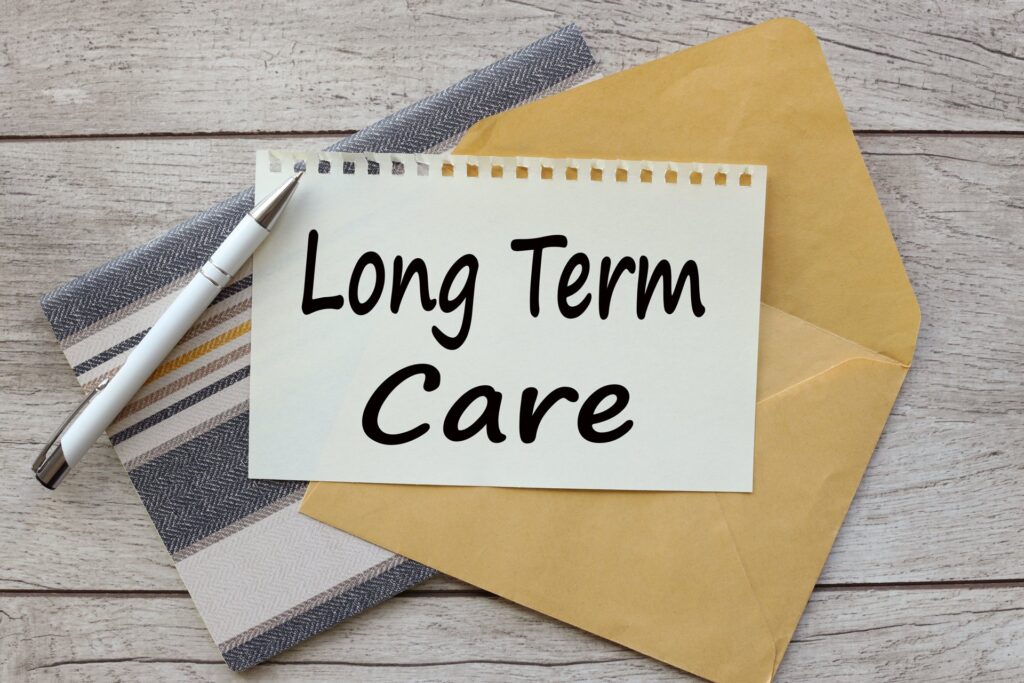
Navigating the complexities of single parenthood in Eastern Washington is like taking a journey with unique challenges. As a single parent here, you juggle many responsibilities—balancing work and home life, and ensuring your child’s well-being every single day. Thinking about the future is paramount. Life’s unpredictability makes long-term care planning—including guardianship, custody arrangements, and estate planning—absolutely crucial. As you journey through these essential areas, seeking counsel from an experienced attorney isn’t just an option—it’s a bridge to a secure future for your child.
Unique Challenges Faced by Single Parents
For single parents in Eastern Washington, raising kids can be a daunting challenge. Worries about your child’s future, especially in scenarios where you might not be present, often loom large. Beyond the emotional turmoil, practical concerns emerge: How can you make sure your wishes concerning your child’s upbringing and financial support are respected and followed? With an ever-evolving legal scene and diverse family structures becoming increasingly common, long-term planning is no longer a supplementary choice but a foundational pillar. It’s an assurance, a commitment, a beacon ensuring your child is cared for, come what may.
Guardianship: Designating a Future Caregiver for Your Child:
Guardianship involves a lot of emotional choices and legal formalities. Like most places, Eastern Washington requires single parents to be doubly cautious. It’s not just about identifying a trusted family member or friend to be your child’s guardian—it’s also about understanding the myriad responsibilities, rights, and legal boundaries that come with that title. The process can be multifaceted, involving intricate documentation, understanding court mandates, and ensuring that the chosen guardian is fully equipped, both legally and emotionally, for their role. Minor errors or omissions can have significant implications, potentially complicating matters when the guardianship clause needs to be invoked. Engaging with a seasoned attorney familiar with Eastern Washington’s legal framework can be invaluable to your peace of mind.
Custody Arrangements – Ensuring Your Child’s Stability:
Custody can be fraught with emotions and legal intricacies. Single parents in Eastern Washington need to consider long-term custody arrangements, not just as a response to immediate circumstances, but as a beacon for a stable future. These plans aren’t merely legal agreements—they’re frameworks that outline how your child lives in your potential absence. They touch on everything: visitation rights, educational choices, healthcare decisions, and more. While the narrative around custody often revolves around separated or divorced parents, it’s an essential topic even for single parents who have never been married. Establishing a solid custody arrangement guarantees that another trusted individual can seamlessly integrate into the caregiving role, ensuring your child’s life remains anchored in stability and love.
Estate Planning – Protecting Your Child’s Financial Future:
Estate planning isn’t just about ensuring that your wealth transitions seamlessly to your child. It’s a proactive way to address how multiple facets of your life can impact your loved ones. Several pivotal legal documents define the core of a comprehensive estate plan tailored for the single parent:
- Durable Power of Attorney: Beyond its legal definition, this document serves as a robust safety net, allowing another person, termed your agent, to manage your financial matters when you’re incapacitated or unavailable. It encompasses a vast spectrum from bill payments and collecting dues, to even overseeing online accounts. It’s crucial that you choose the right agent—someone dependable, honest, and endowed with common sense. Additionally, having a backup agent ensures there’s no void if the primary agent is indisposed.
- Advanced Health Care Directive and Health Care Power of Attorney: Two sides of the same coin, these documents address healthcare decisions during incapacitation. An advanced health care directive spells out your end-of-life treatment preferences, ensuring they’re honored and easing the emotional burden on your loved ones during medical crises. On the other hand, a health care power of attorney designates a trusted individual to make vital medical decisions on your behalf. Both are about having a nominated individual to shoulder these decisions and guide medical interventions according to your wishes.
- HIPAA Authorization or Waiver: Bound by the Health Insurance Portability and Accountability Act (HIPAA), medical institutions can’t disclose a patient’s private health data. But if you’re a single parent, in emergencies or incapacitation this information can be vital for your family, especially concerning the immediate care of your child. A HIPAA waiver ensures a select group of individuals can access this critical health data, aiding faster decisions and more informed interventions during emergencies.
- Will: Beyond its role in asset distribution, a will plays a critical part in the future of your children. It can nominate a guardian for them, a decision the court respects strongly. If you harbor reservations about a co-parent assuming guardianship, the will offers an avenue to voice these concerns, detailing alternative guardianship choices, and ensuring your child’s well-being aligns with your wishes.
- Living Trust: Often overshadowed, the revocable living trust is a potent tool in planning your estate. Essentially, it’s a contract in which you create an entity to hold your assets. Not only does it provide privacy, speed, and cost-efficiency over standard wills, but it also offers unparalleled flexibility. You can mold this trust, modify its stipulations as life evolves, and ensure that its provisions—especially those concerning minor children—remain confidential and free from probate complications.
Why Consulting an Experienced Attorney is Essential
The winding pathways of law, especially concerning long-term care planning, aren’t just about statutes and clauses—they’re about human lives, futures, and dreams. An attorney serves as your guide, ensuring you clear and informed during your planning process. Having an attorney is a great way to maintain foresight, prudence, and holistic planning. From ensuring that your wishes are legally iron-clad to updating your arrangements as necessary, your attorney is your shield. With a professional who’s well-versed in the local legal fabric, you can create a sanctuary of security for your child’s future.




